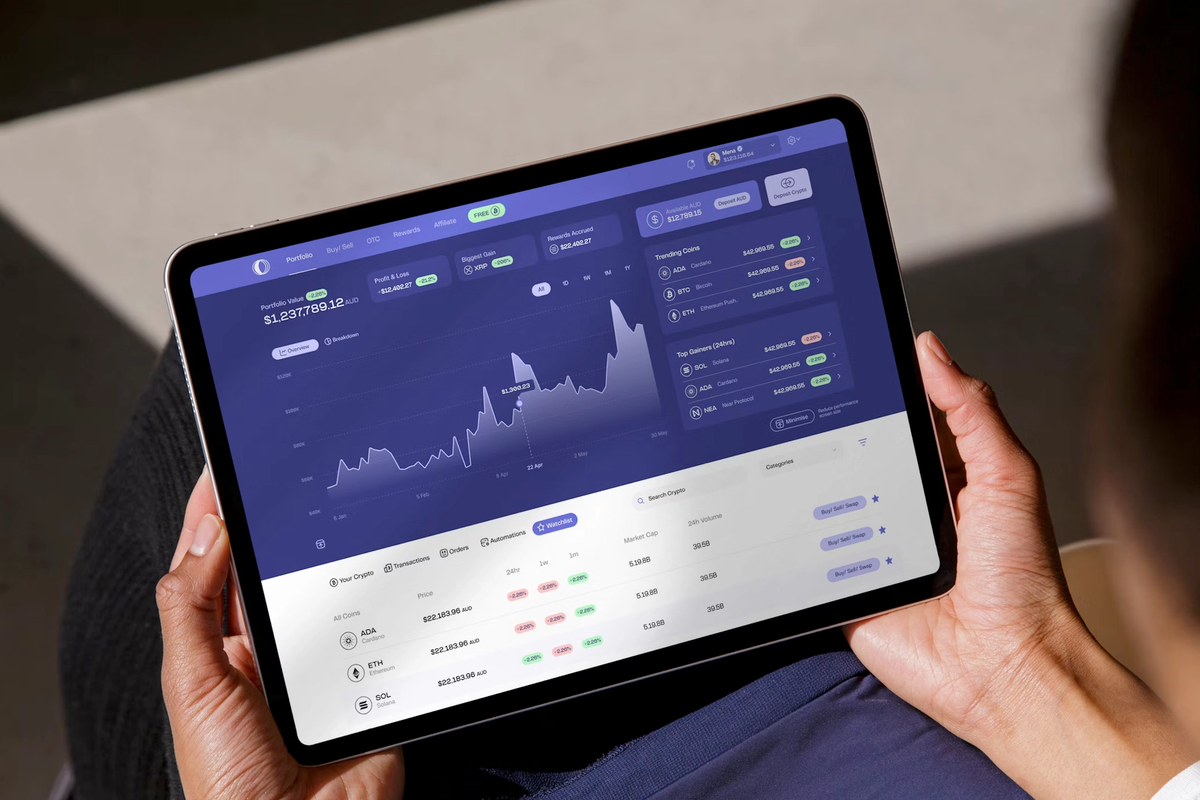
ERP Tech Trends Shaping the Future of Business in East Africa Insights from PanacheTechnohub
Published: 8/18/2025
Introduction
In today’s dynamic digital landscape, businesses and institutions are facing mounting pressure to become more agile, efficient, and data driven. From startups in Nairobi to public agencies in Kampala, the demand for integrated digital solutions is soaring. At the heart of this transformation lies Enterprise Resource Planning (ERP), a technology that has evolved beyond its accounting roots to become a backbone of modern operations.
At PanacheTechnohub, a leading tech innovator in East Africa, we understand the transformative power of ERP systems. With over a decade of experience supporting businesses, government institutions, and parastatals across the region, we’ve witnessed firsthand how ERP adoption is no longer a luxury—it’s a necessity.
This blog delves into the emerging ERP tech trends that are reshaping how organizations across East Africa operate and thrive.
1. Cloud-Based ERP Is Now the Norm, Not the Exception
Gone are the days when ERP systems were massive, on-premise installations requiring costly infrastructure and maintenance. The global shift toward cloud computing has taken strong root in East Africa, and ERP is no exception.
- Why It Matters:
- Scalability: Startups and SMEs can now scale operations without hefty upfront investments.
- Remote Access: In the post-COVID world, the ability to manage operations from anywhere is critical.
- Cost-Efficiency: Pay-as-you-go models make ERP more accessible to smaller entities.
At PanacheTechnohub, we've helped several Nairobi-based tech startups move to cloud-native ERP systems, reducing their operational overhead by up to 40% while boosting productivity.
2. AI and Machine Learning Are Supercharging ERP Capabilities
Artificial Intelligence (AI) is not just a buzzword—it’s actively enhancing ERP platforms by introducing predictive analytics, smart automation, and real-time insights.
- Key Developments:
- Predictive Maintenance in manufacturing ERP systems helps minimize downtime.
- AI-Driven Forecasting supports smarter supply chain and financial planning.
- Chatbots and Virtual Assistants streamline HR and customer service functions.
Imagine a public hospital in Mombasa using an AI-powered ERP to predict patient influx and optimize resource allocation that’s no longer a dream but a reality we’re implementing.
3. Modular and Microservices-Based Architecture Is Taking Over
Traditional monolithic ERP systems are being replaced with modular architectures, allowing organizations to adopt only the components they need.
- Benefits:
- Faster Implementation: Time-to-value is significantly reduced.
- Flexibility: Organizations can adapt ERP systems to their unique processes.
- Easier Updates: Modules can be updated without disrupting the whole system.
For example, a regional parastatal may choose to first implement finance and HR modules, then add procurement and logistics down the lineal within one cohesive ERP environment.
4. Data Security and Compliance Are Driving ERP Choices
As digital adoption grows, so do cybersecurity concerns. Businesses are increasingly prioritizing ERP vendors that ensure data integrity, compliance with regional regulations, and role-based access control.
- East African Context:
- Countries like Kenya, Uganda, and Rwanda are rolling out data protection laws inspired by GDPR.
- Public and private sector entities alike must now factor data sovereignty and cloud compliance into their ERP selection.
PanacheTechnohub offers ERP solutions designed to comply with local data regulations, giving clients peace of mind and legal assurance.
5. ERP for All: Democratizing Enterprise Tools
One of the most exciting ERP trends is its increasing accessibility. Thanks to open-source platforms, low-code/no-code development, and affordable SaaS models, even small businesses and NGOs can now leverage ERP tools once reserved for large enterprises.
- Driving Forces:
- Local startups are building plug-and-play ERP tools tailored to East African needs.
- Government grants and digital economy initiatives are funding ERP adoption for SMEs.
- Multilingual interfaces and mobile-first design are improving usability.
We’ve helped local businesses in Rwanda and Somalia adopt low-cost ERP tools, resulting in better inventory control, payroll management, and customer engagement.
6. Vertical-Specific ERP Solutions Are on the Rise
Generic ERP systems often fall short in addressing the unique needs of specific industries. The trend now is toward vertical-specific ERP platforms, customized for sectors like:
- Healthcare
- Education
- Agriculture
- Finance
- Public Services
For example, a Ministry of Education in East Africa may need an ERP with features for student record management, budget allocation, and teacher payroll in one. PanacheTechnohub specializes in customizing ERP for such verticals, ensuring relevance and rapid adoption.
7. Integration with Emerging Technologies
Beyond AI and IoT, ERP systems are beginning to integrate with other emerging technologies, such as:
- Blockchain: For tamper-proof financial records and transparent procurement.
- Augmented Reality (AR): In training and remote equipment maintenance.
- Big Data & Analytics: For real-time dashboards and advanced decision-making.
Forward-looking public institutions are now investing in ERP platforms with built-in API ecosystems that allow for seamless integrations with these tools.
8.Mobile ERP and UX-Focused Design
In regions where mobile phones are often more accessible than desktops, mobile-first ERP platforms are game-changers.
- What We’re Seeing:
- Mobile dashboards for field workers.
- Expense approvals and timesheets on the go.
- Real-time alerts and push notifications.
User-centric design is critical. An intuitive, multilingual ERP interface increases user adoption across departments from C-level execs to field officers.
Final Thoughts: The East African ERP Revolution
East Africa is no longer just catching up it’s leading in how ERP is being adapted to meet local challenges and opportunities. From the bustling tech hubs of Nairobi and Kigali to regional government agencies and multinational firms operating in the area, ERP is becoming the nerve center of organizational efficiency.
At PanacheTechnohub, we are proud to be part of this transformation. Our tailored ERP solutions are built with the East African context in mind, ensuring scalability, compliance, affordability, and innovation.
Whether you're a startup looking for your first ERP tool, a government institution aiming to digitize public service delivery, or a private enterprise expanding regionally, the future is digital, and ERP is your foundation.
Article by Panache Marketing team.